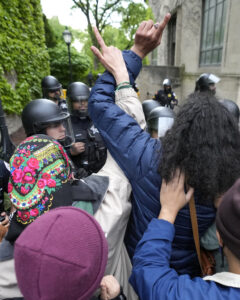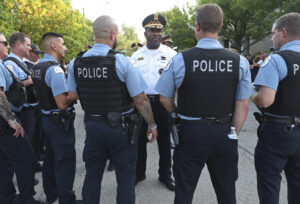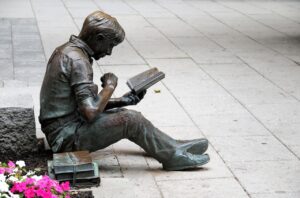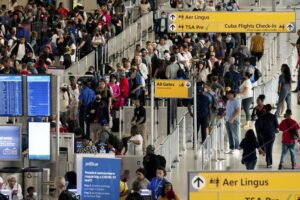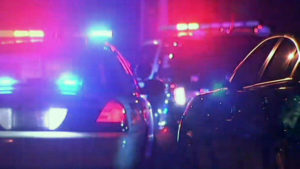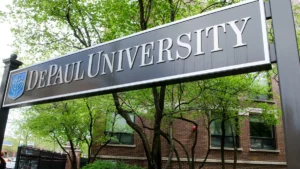
Two Jewish Students Assaulted by Masked Attackers at DePaul University in Chicago
Two Jewish students were assaulted by masked attackers on the campus of DePaul University in Chicago on Wednesday afternoon. The incident occurred around 3:20 p.m. in front of the Student Center on the Lincoln Park campus. In a statement, DePaul University President Robert Manuel condemned the assault, noting that the victims were targeted for visibly showing their support for Israel. “I’m appalled to share that the attack targeted two Jewish students at DePaul,” Manuel said. “This is completely unacceptable and a violation of DePaul’s values to uphold and care for the dignity of every individual.” The two students were punched by the offenders but declined medical treatment for their injuries. The university has since offered support and resources to the victims, while working with Chicago police to determine whether the assault constitutes a hate crime. “We are outraged that this occurred on our campus,” Manuel continued. “We will do all we can to hold those responsible accountable for this outrageous incident.” “We recognize that for a significant portion of our Jewish community, Israel is a core part of their Jewish identity,” Manuel said. “Those students—and every student—should feel safe on our university campus.” This incident comes amidst ongoing tensions at DePaul University, which earlier this year saw a series of pro-Palestinian demonstrations. In May, Chicago police cleared an anti-Israel encampment from the university’s quad after more than two weeks of protests. “Please know that the safety and wellbeing of our university community remains our highest priority,” President Manuel concluded. (YWN World Headquarters – NYC)

